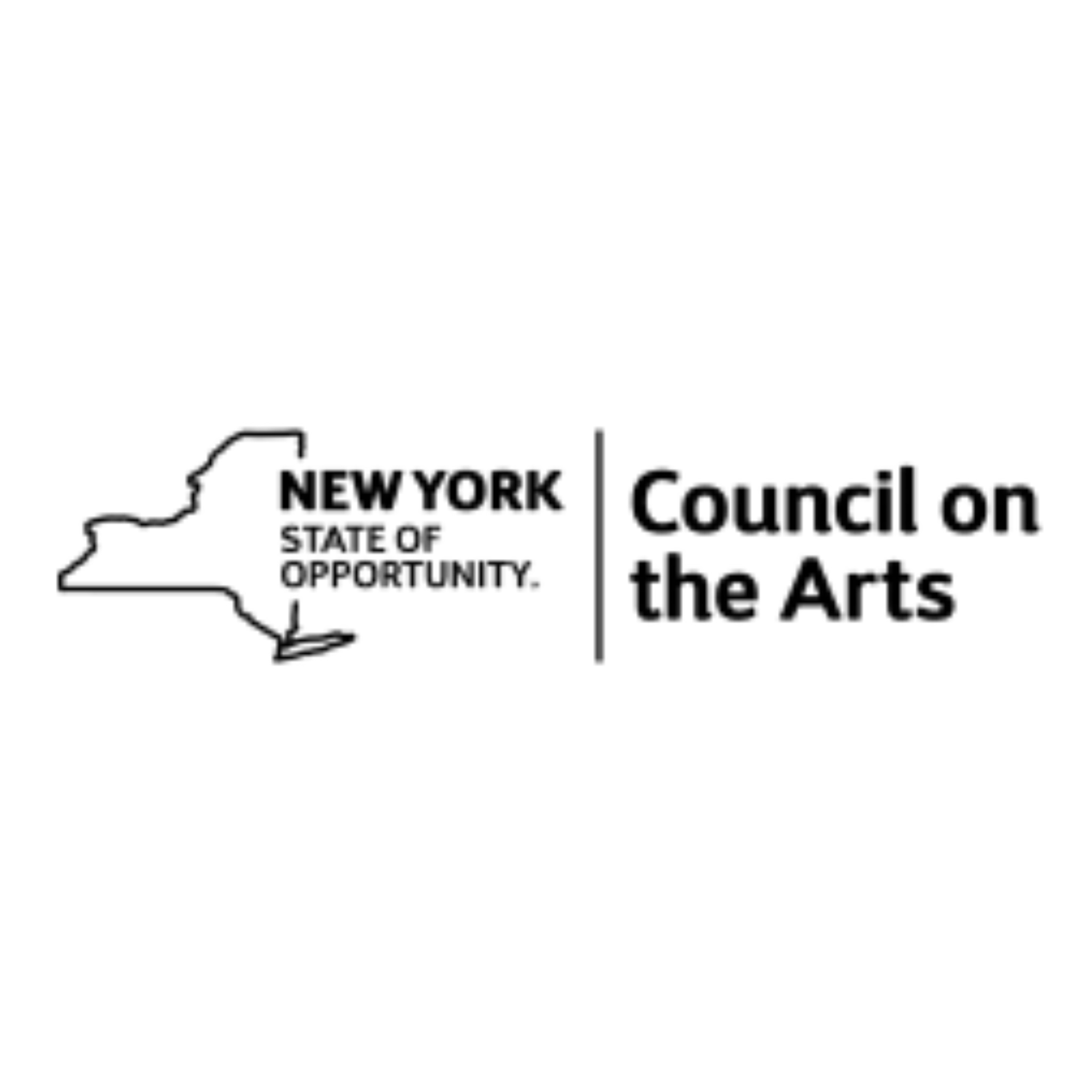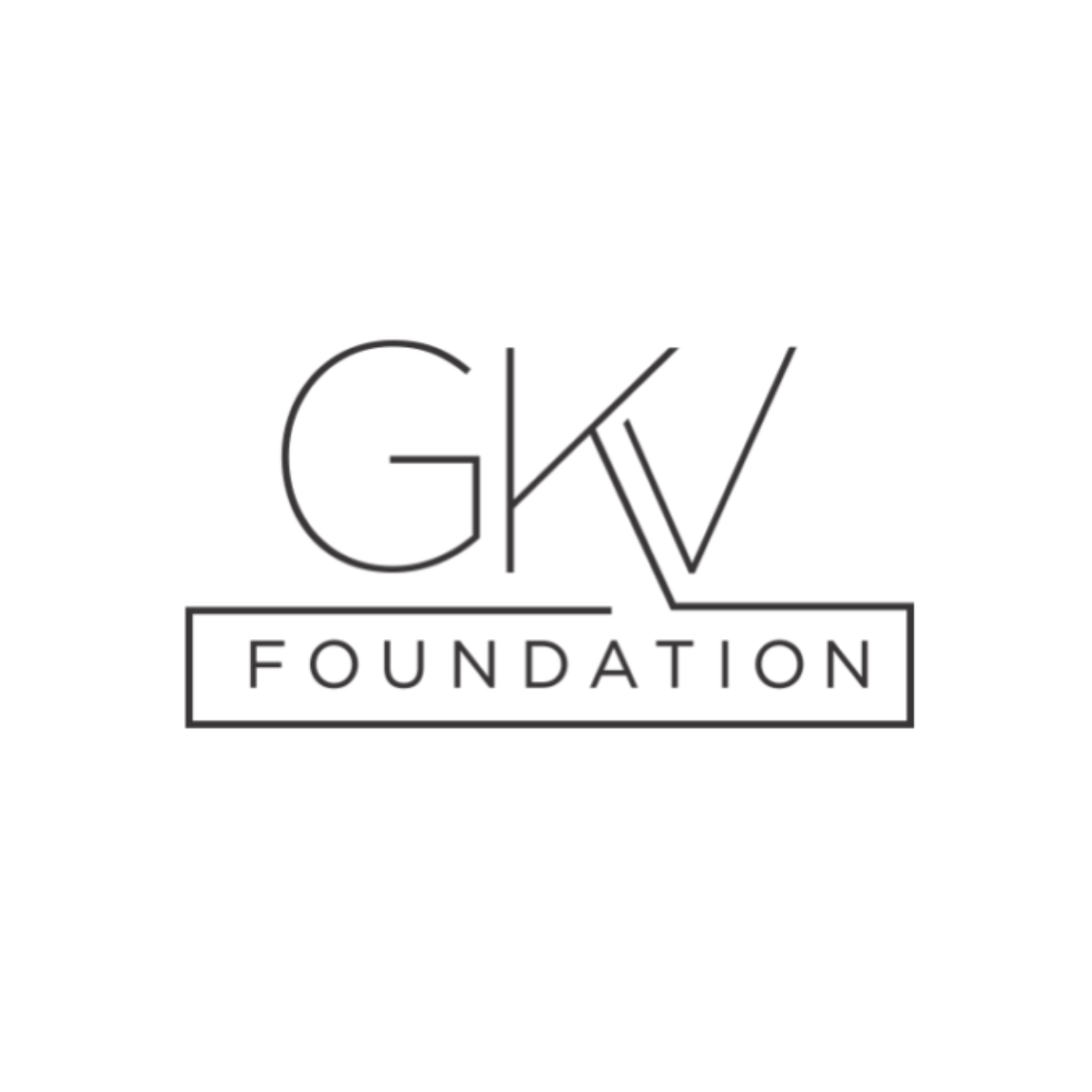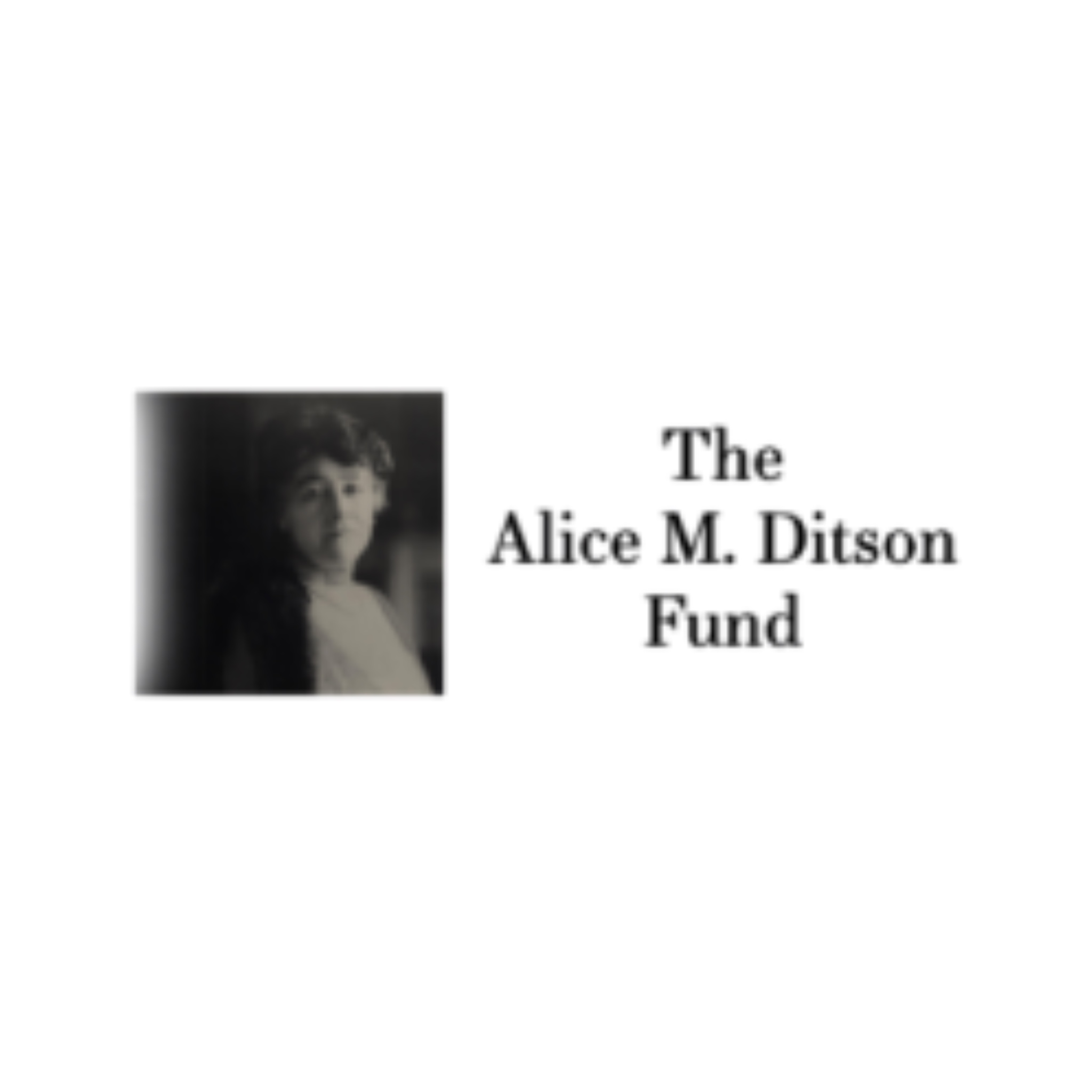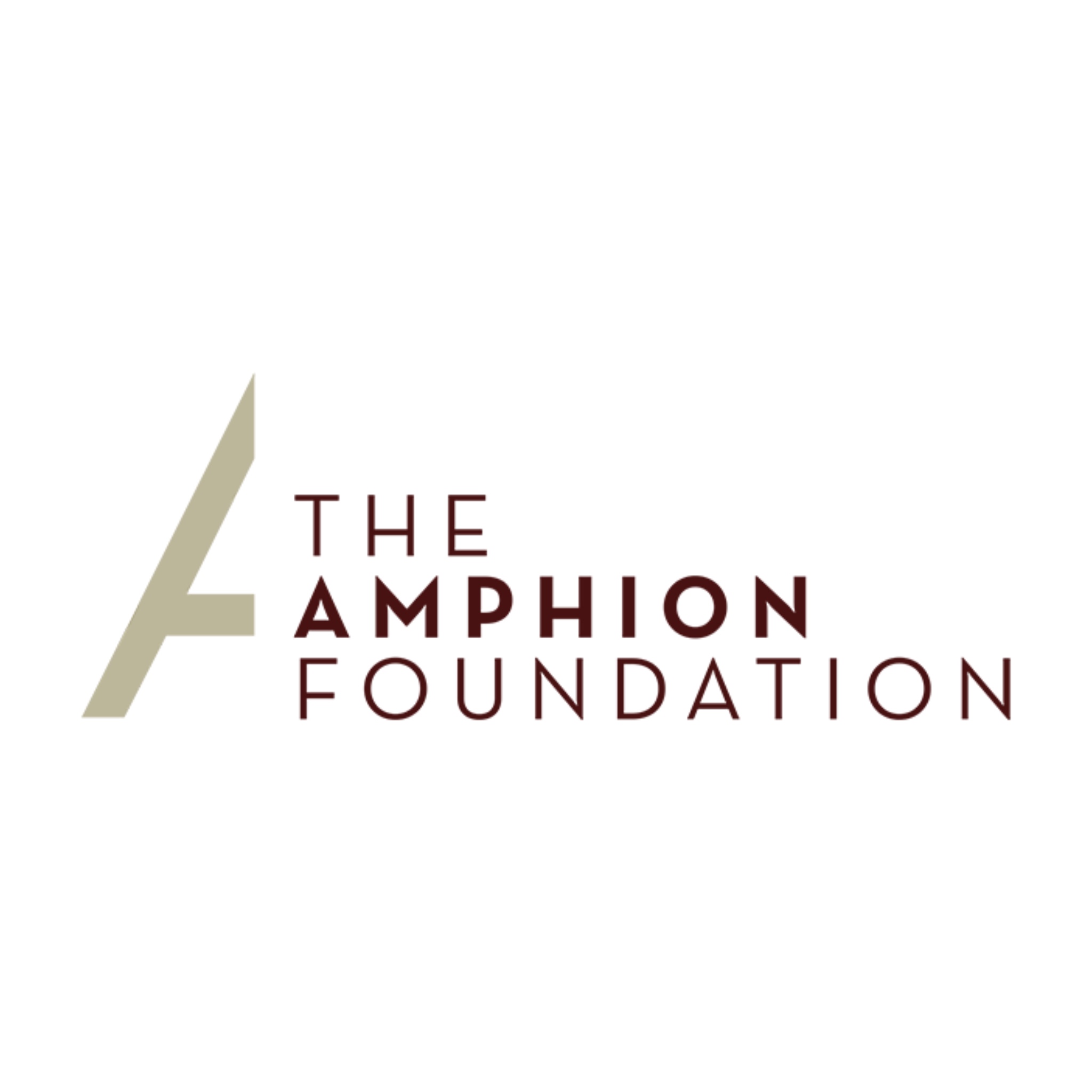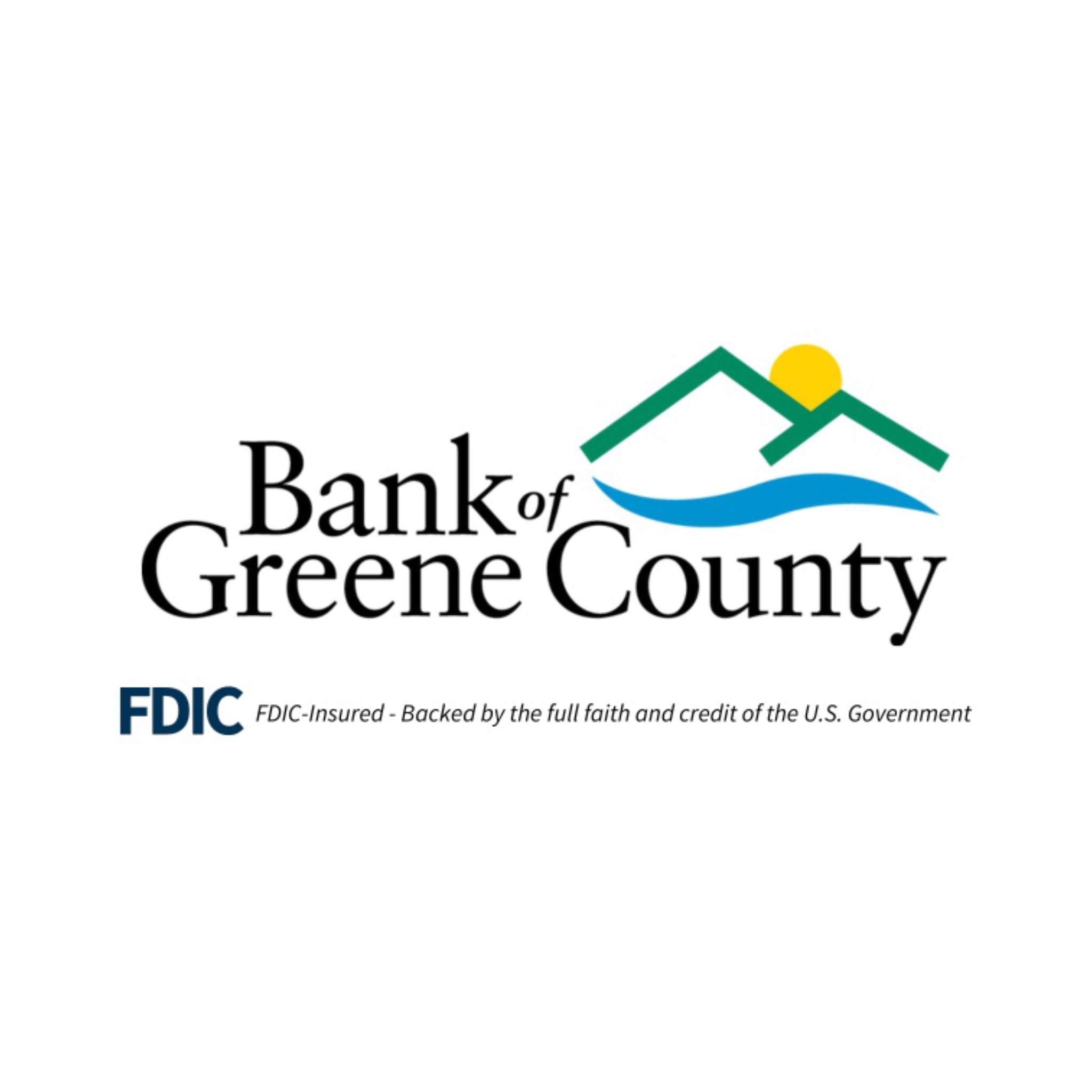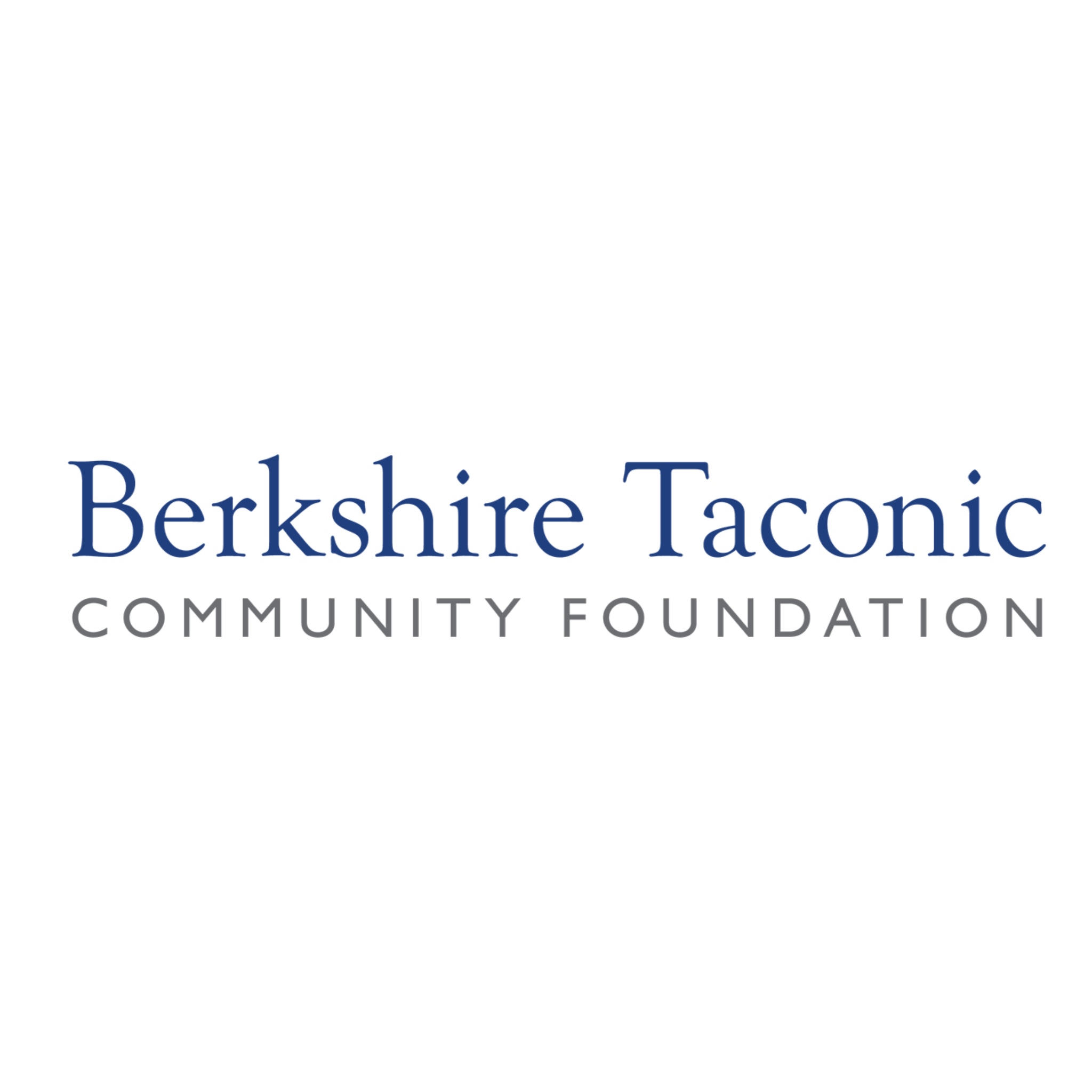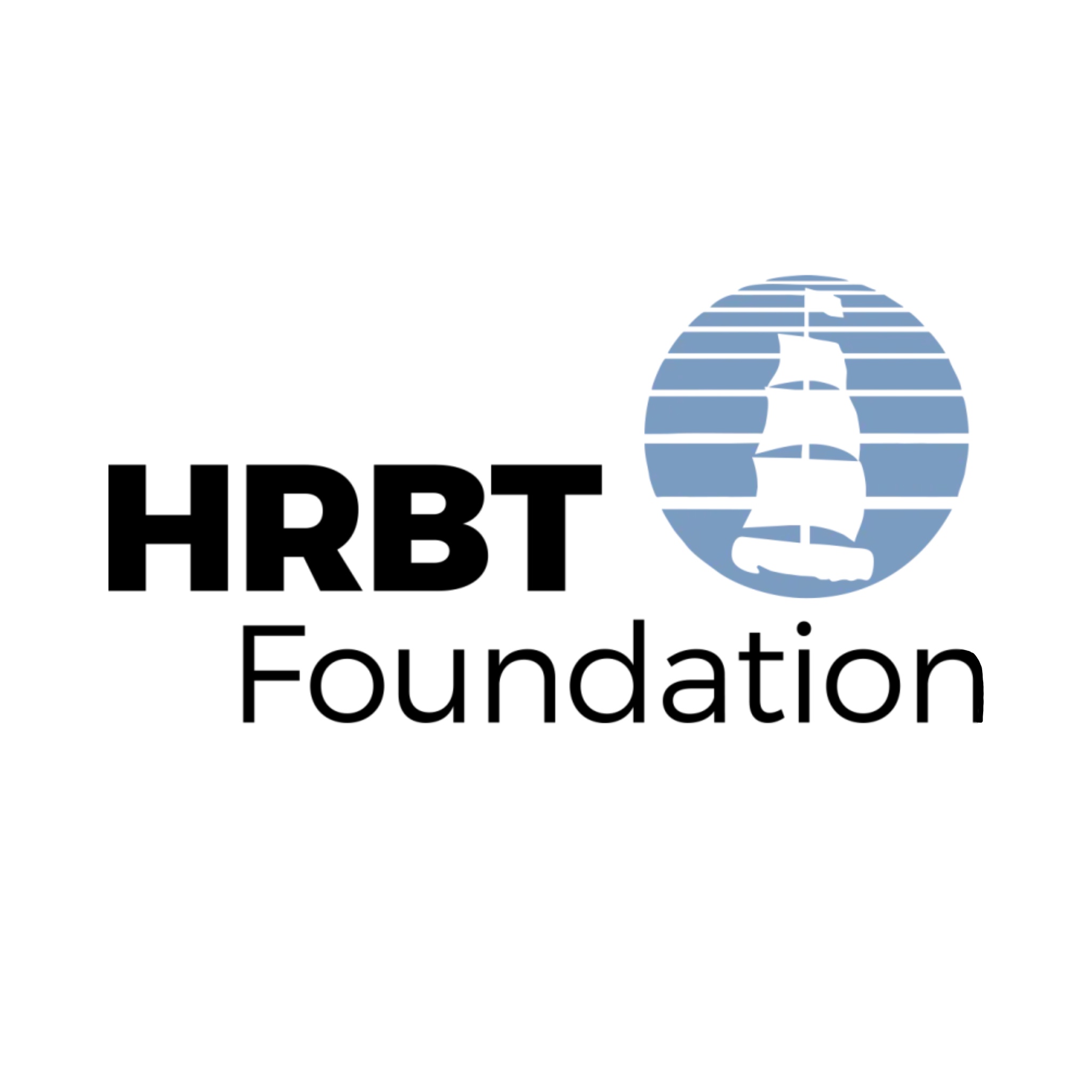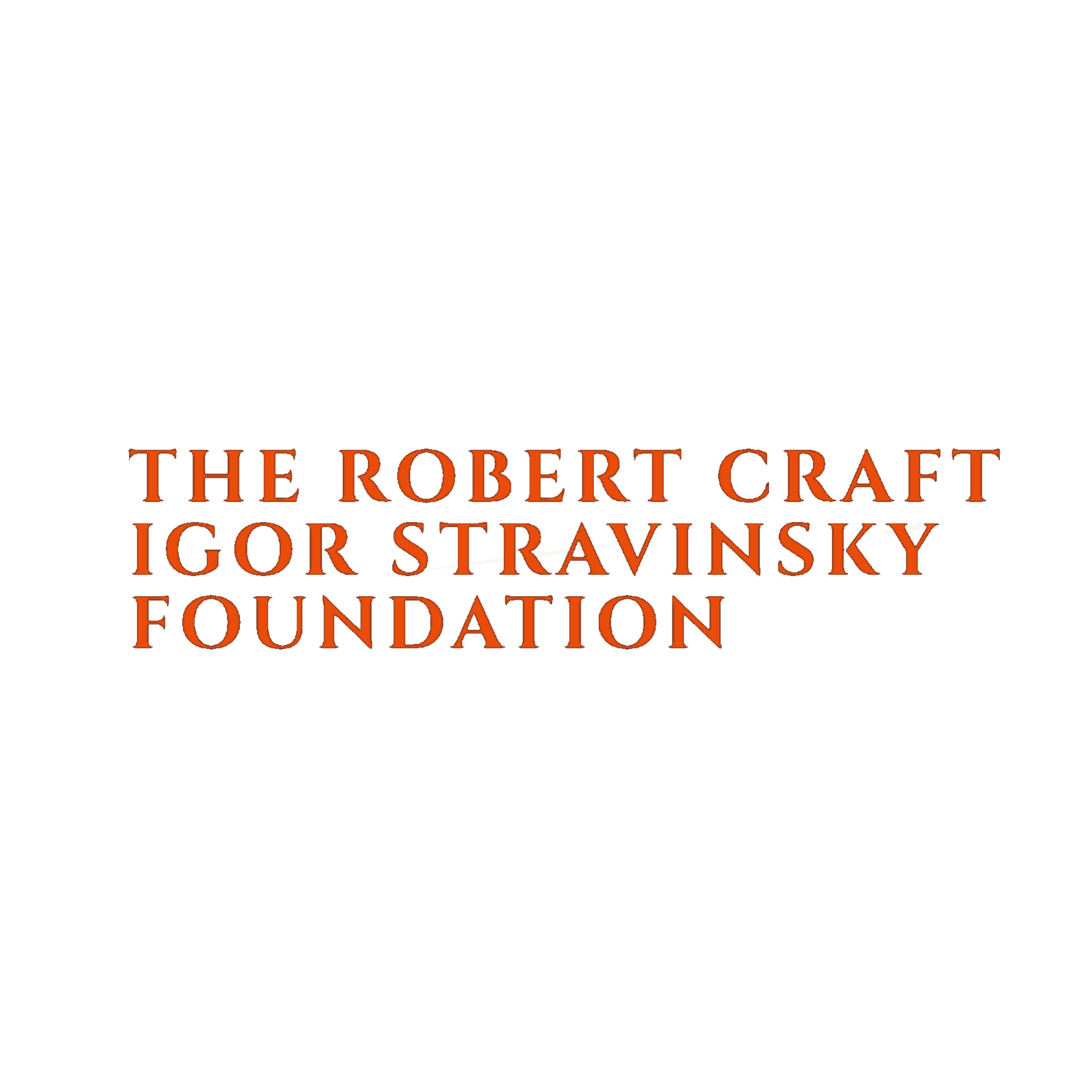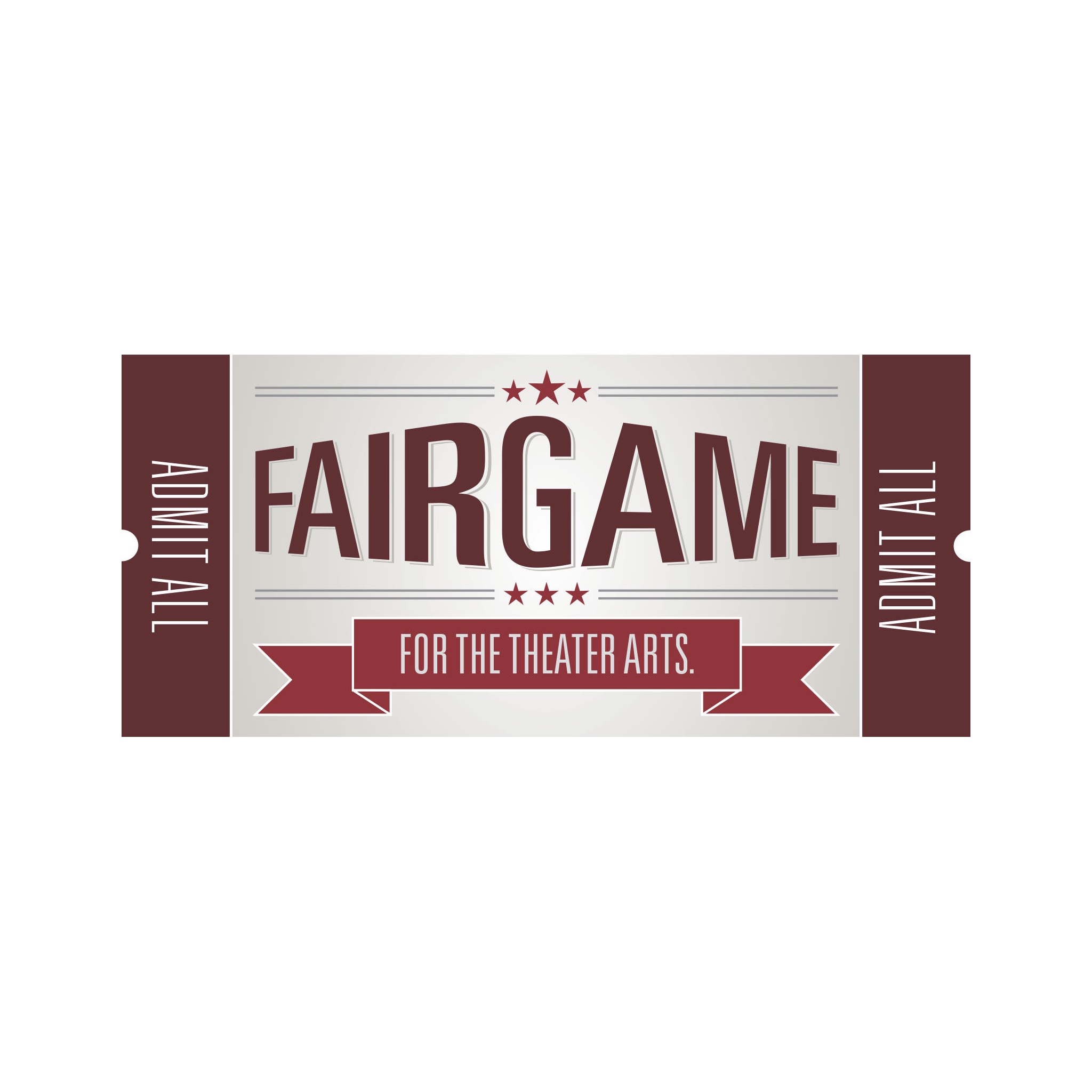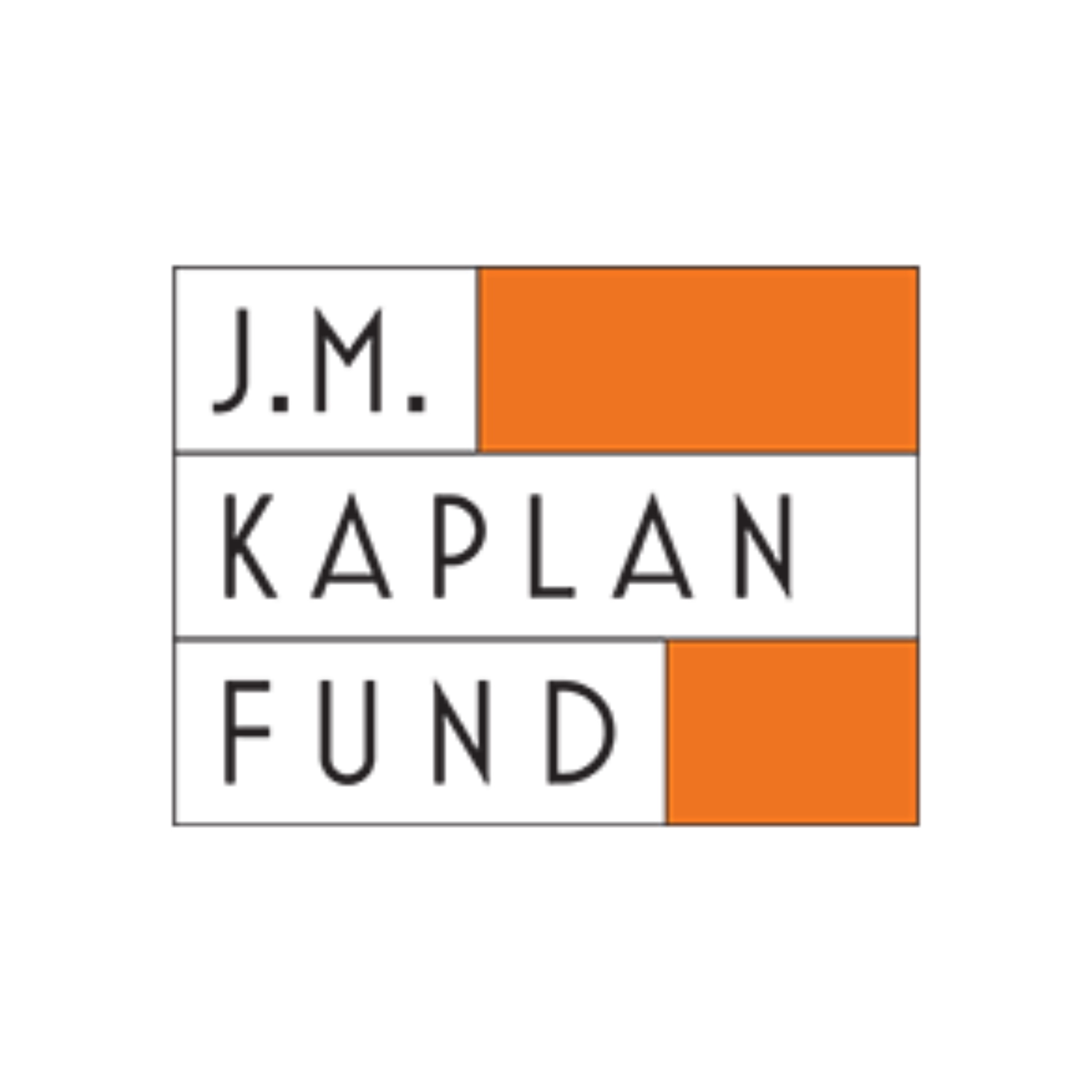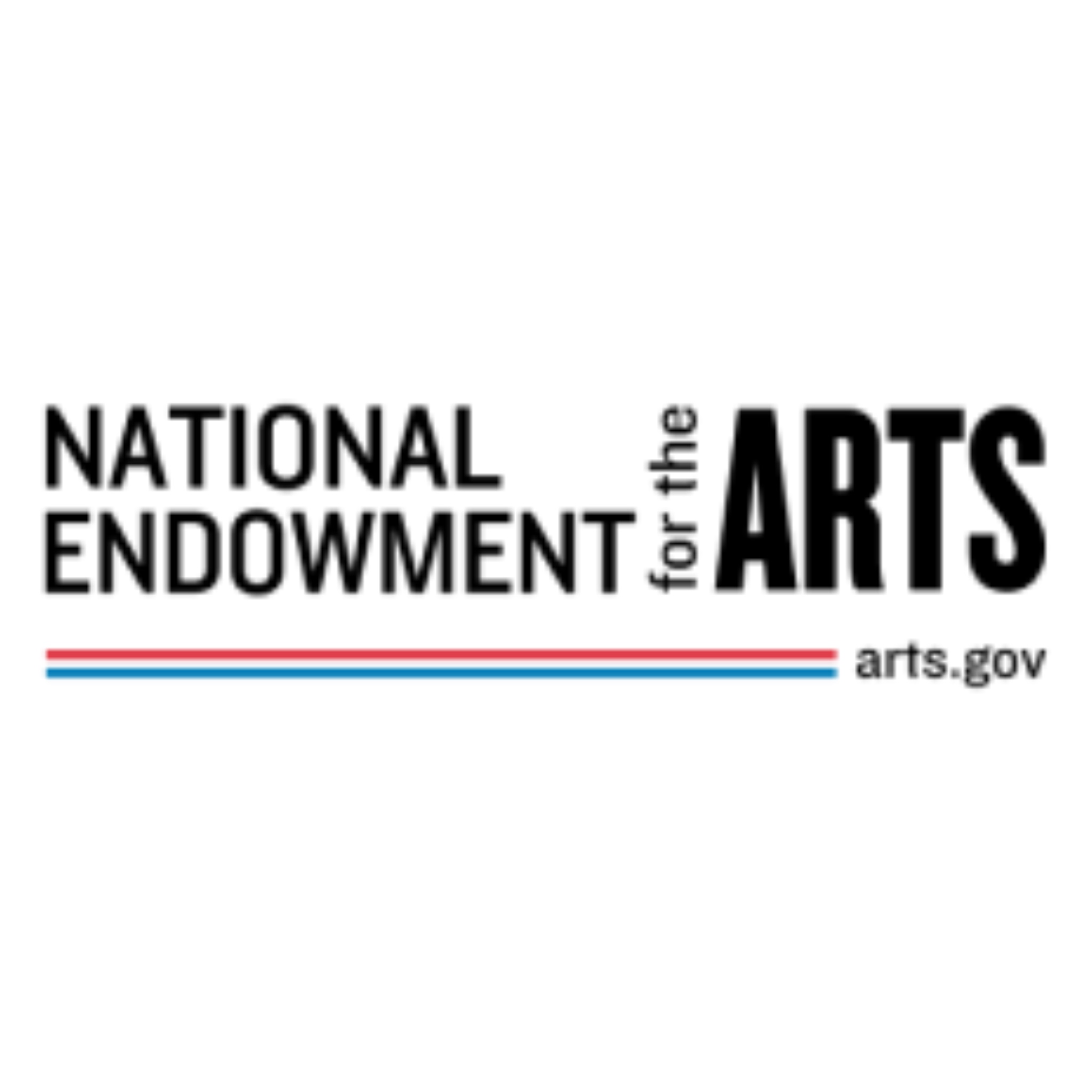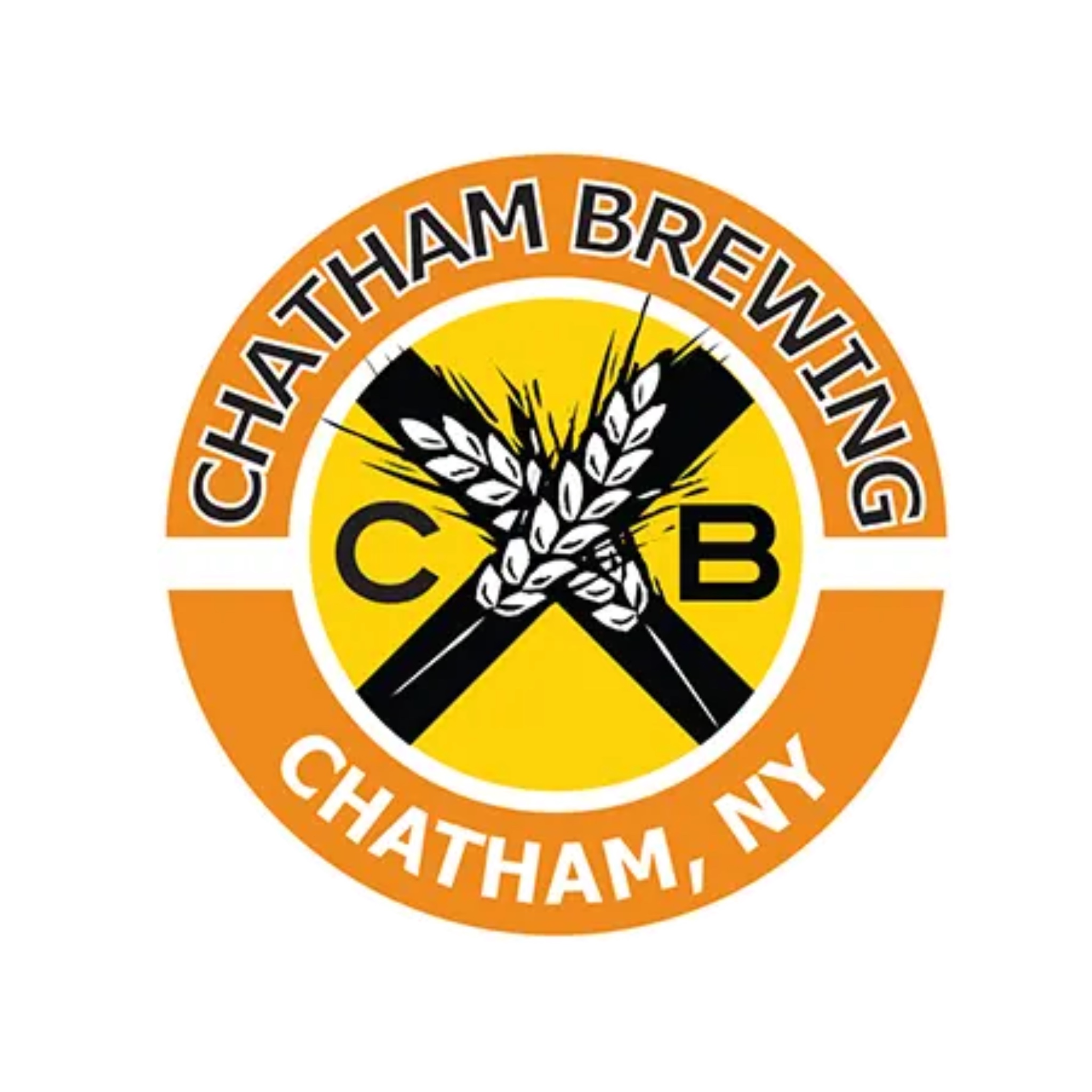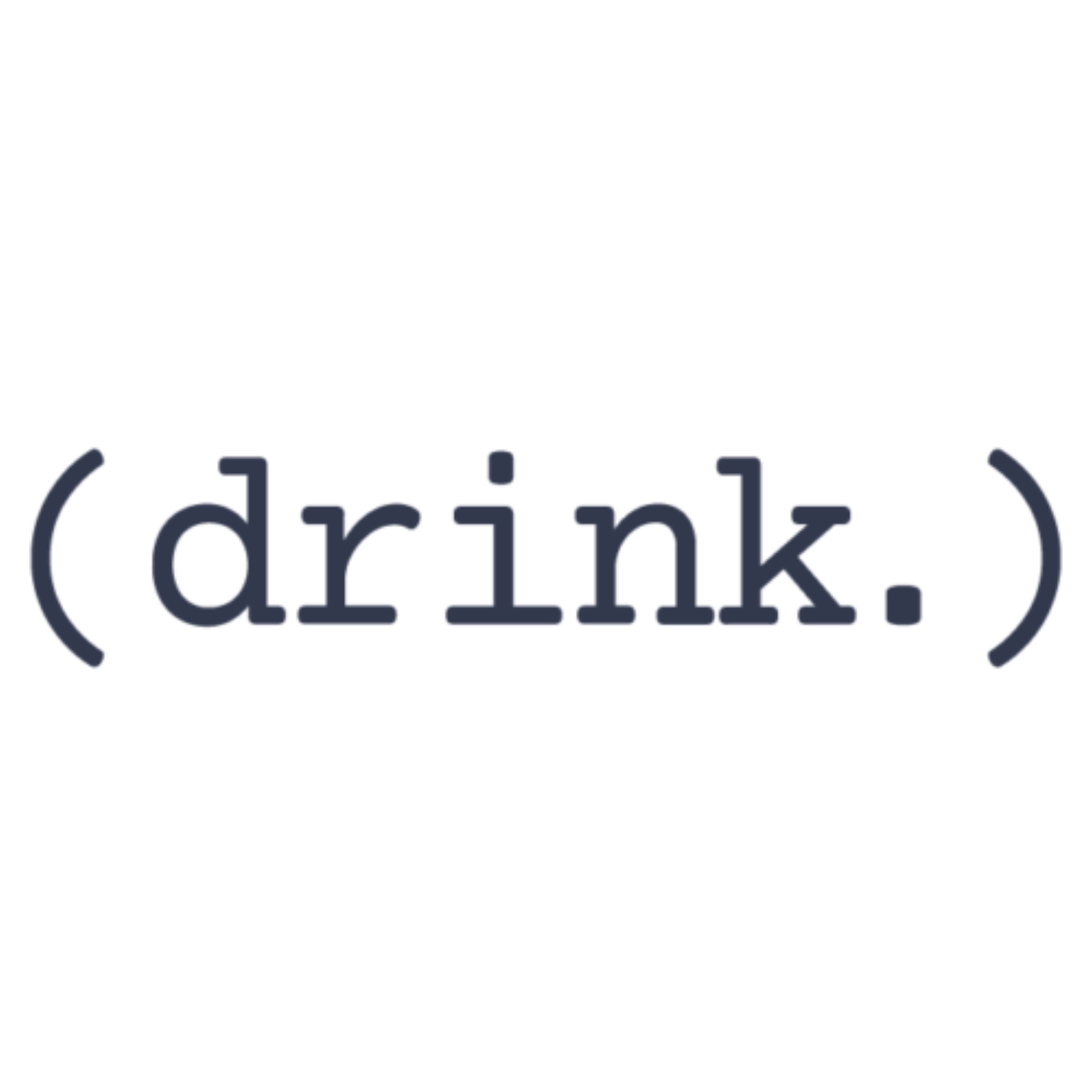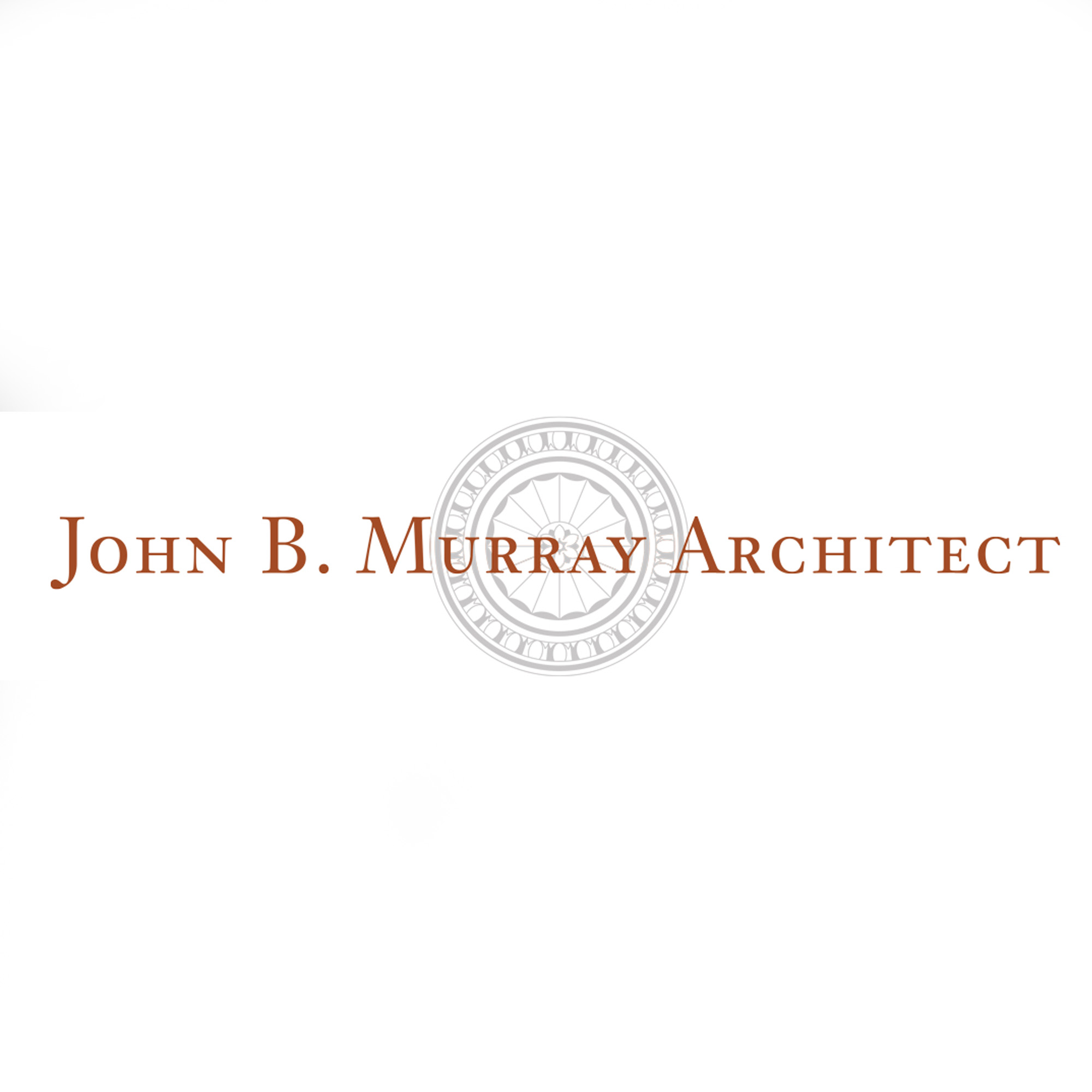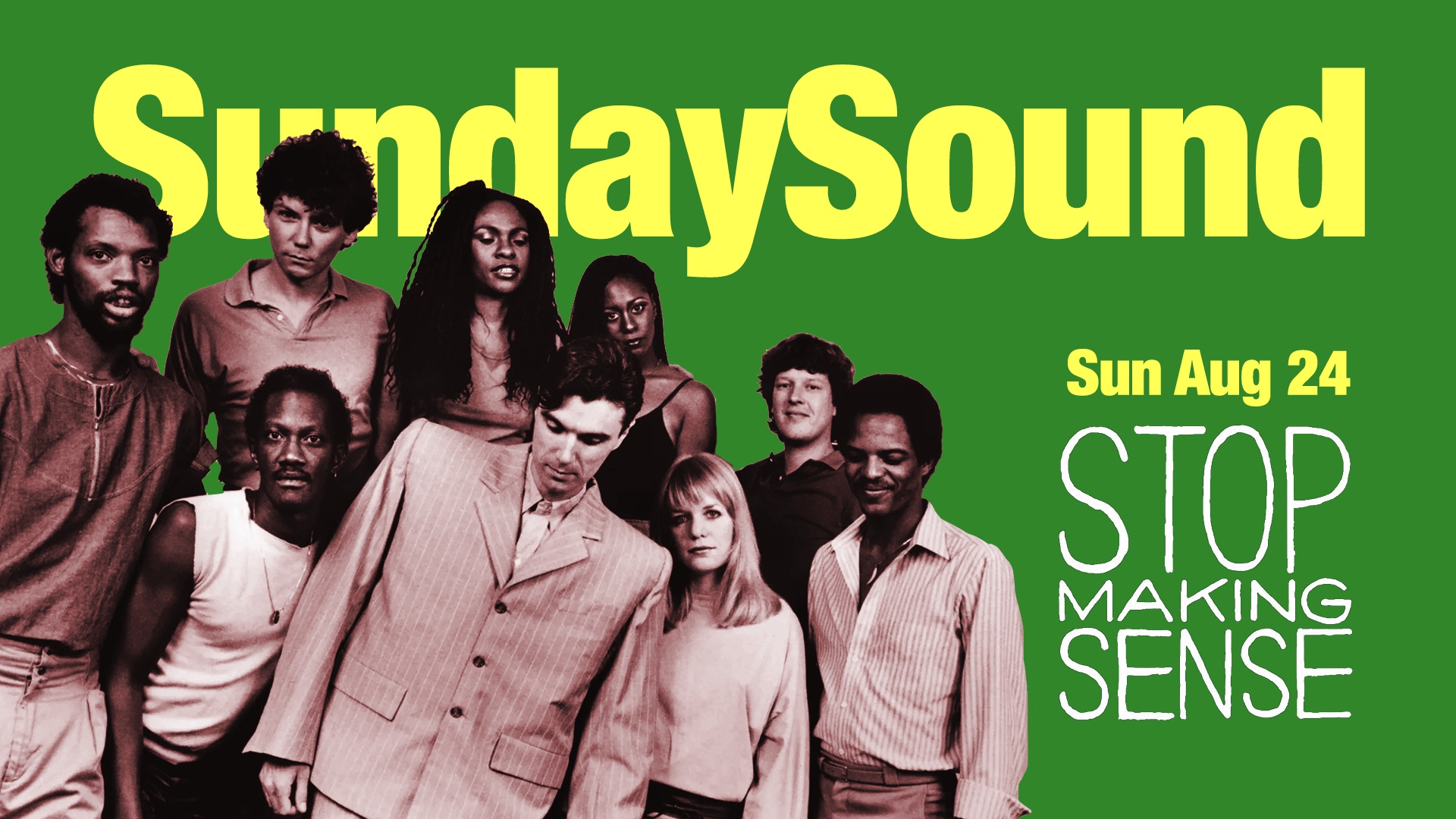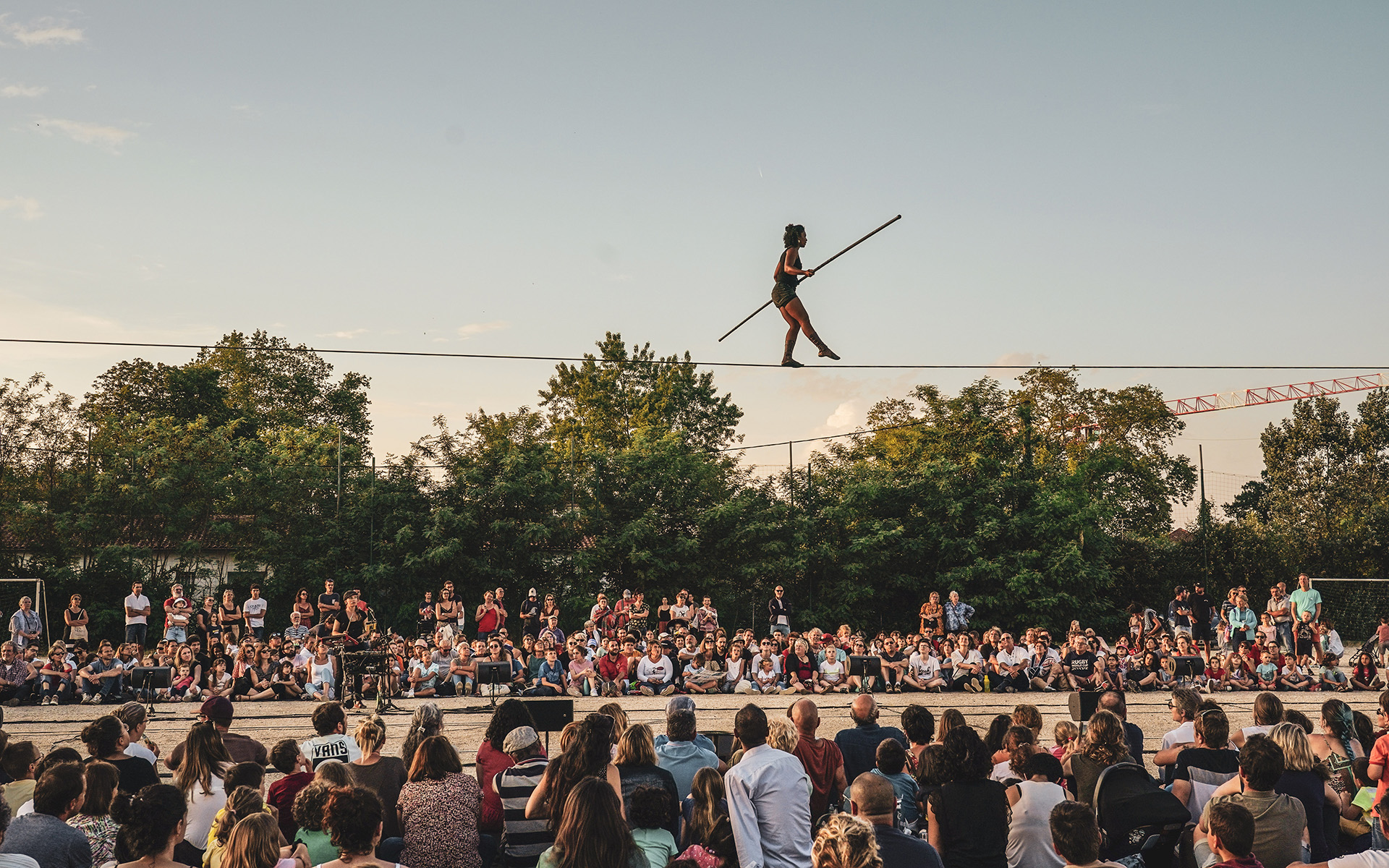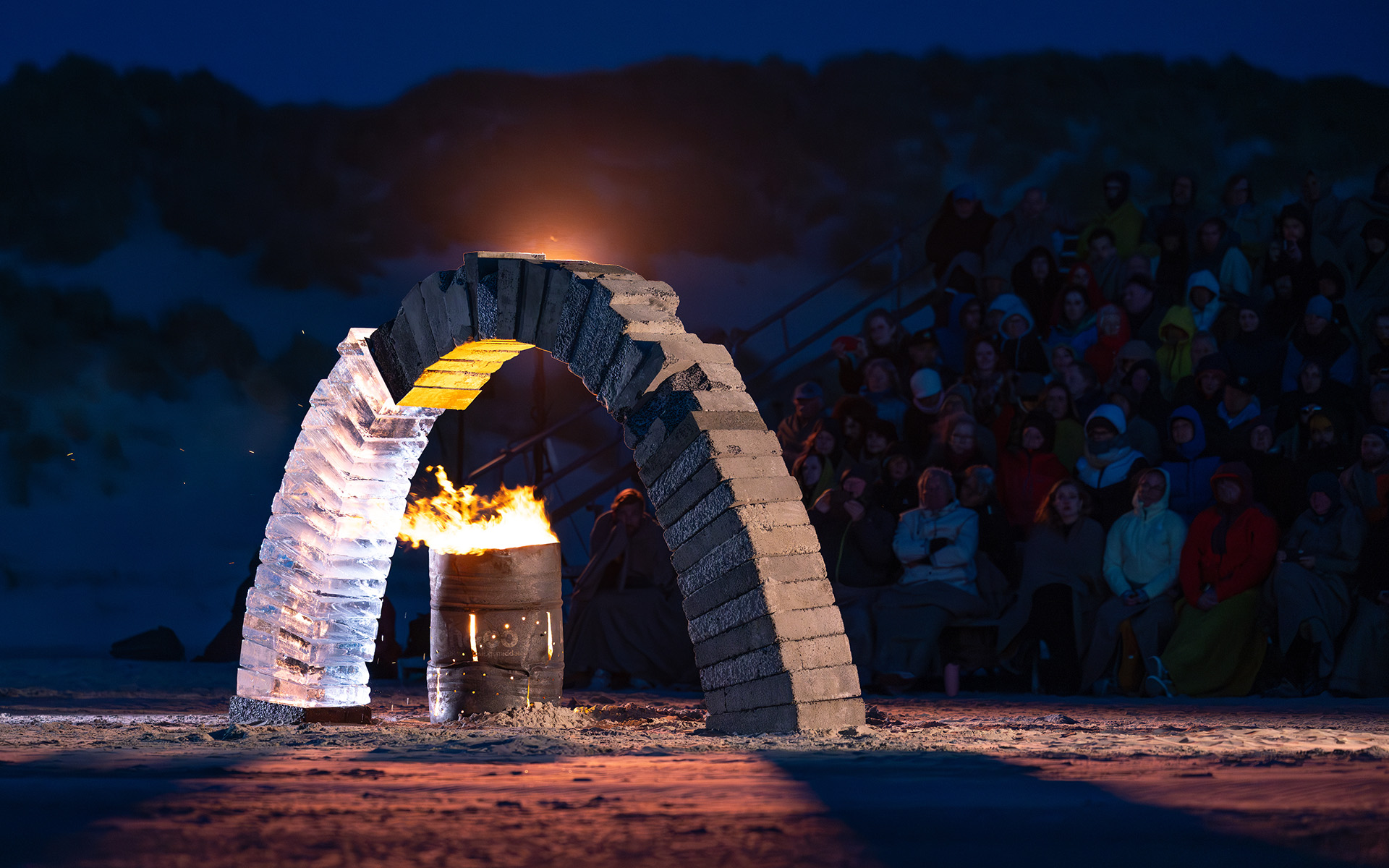
Adam Tendler: Inheritances
Friday, August 22, 2025
6:00 pm Pre-performance talk with Adam Tendler and composer John Glover, moderated by Washington Post Classical Music Critic Michael Andor Brodeur
7:30 pm Performance of Inheritances
Adam Tendler, piano
Performance duration: 80 minutes, no intermission
PROGRAM
Remember, I Created You, Laurie Anderson
Forgiveness Machine, Missy Mazzoli
Outsider Song, Scott Wollschleger
You Were My Age, Angélica Negrón
In The City of Shy Hunters, John Glover (*composer present)
What It Becomes, Mary Prescott
An Open Book, Timo Andres
Inheritance, Ted Hearne
hushing, inti figgis-vizueta
the plum tree i planted still there, Sarah Kirkland Snider
Area of Refuge, Christopher Cerrone
False Memories, Marcos Balter
Thank You So Much, Pamela Z
We don’t need to tend this garden. They’re wildflowers, Darian Donavan Thomas
Eiris, Sones, Nico Muhly
Morning Piece, Devonté Hynes
Photo by Cameron McLeod
January 18, 2020
Hello Friends.
As you may know, in October my father died. It came as a surprise and the circumstances aren’t entirely clear. We had a close relationship in my childhood that, for any number of reasons (loss of love not among them) grew more distant, or at least quieter, over time. I last talked to him on Father’s Day.
He left me cash as my inheritance. He kept cash, so I heard, in case of a revolution. My stepmother gave it to me in a parked car on New Year’s Day outside of a Denny’s in West Lebanon, NH. To plant that cash in the soil of something that may actually grow and—if you’ll forgive me—live on, I have decided to commission piano pieces from composers whom I care about and whose work I admire. You are one of them.
I know how fiendishly busy you all are, and that this will be more a favor than a commission, so I understand if you wish to pass for any reason. If you do accept, though, I trust your instincts in responding to the commission and taking the piece in any direction you choose. I’m also happy to answer every questions you may have; personal, musical or otherwise. This music may all one day share a concert program, a recording… but right now it’s largely a “we’ll see.” While the actual platform develops, the only thing I ask is that you let me live with these works until I find them a home, together—somewhere.
Remember, I Created You
Laurie Anderson
Adam: When we first started talking about the kind of piece she might create, I said to Laurie, “Forget that you’re writing a piece for a concert pianist. Write something as if you were going to play it yourself.” Laurie read dozens of pages of testimony I wrote about my father’s and my complex relationship, and collected photographs of him and us as well. She then shaped the piece by feeding these materials into an AI program she developed with the Machine Learning Institute, Adelaide Australia. The works Laurie created for Inheritances (this one, as well as the text piece, Sunglasses) eerily define not only this whole program, but also my father’s and my shared history.
Forgiveness Machine
Missy Mazzoli
Adam: Missy and I corresponded privately quite a bit leading up to her sending Forgiveness Machine, and I will keep those correspondences private. Before the world premiere in Minneapolis, I asked if she wanted to provide a program note, and she kindly declined, adding that she thought the piece “speaks for itself.” I think it does, too. Instead of a traditional tempo marking like Allegro or Vivace, Missy advises in the score that the piece should be played: “Mechanical and Heartbreaking.”
Outsider Song
Scott Wollschleger
Outsider Song is a short and intense reflection on the soul-searching journeys we traverse by ourselves. These lonely voyages can seem paradoxical; they are often painful and profoundly healing, and the music of this work bridges desolation and soaring hope as I attempt to honor, in some spiritual sense, both Adam and his late father. This is a song for all who have, at any moment in their own life’s journey, felt like an outsider.
You Were My Age
Angélica Negrón
When my grandmother passed away last year, I traveled to Puerto Rico to help my mom clean her home in which my grandmother lived with her. As I was going through old documents, encyclopedias, old magazines, countless medical supplies and stuffed animals I also found old photographs of my mom. In that moment I had a sudden realization of something quite obvious but that I had never thought of before in my life, my mother was once my age. This piece seeks to embody the essence of my perception of my mother when she was my age through the lens of a single image captured a long time ago.
In The City of Shy Hunters
John Glover
“Things start where you don’t know and end up where you know.
When you know is when you ask. How did this start?” — Tom Spanbauer
Having known Adam as a dear friend, colleague and collaborator for over a decade — his act of reaching out to commission works in response to his father’s passing with his inheritance is so characteristically generous, emotionally raw, and blazing with the act of creation. My contribution to this space takes its title from Spanbauer’s novel which seems to connect in ways I both understand and don’t quite know.
What It Becomes
Mary Prescott
[from an email to Adam] Years ago, after my grandmother died, my father said to me, “When your parents die, that is when you really begin to understand them.” That sort of stuck with me ever since. So much of our identity is wrapped up in our relationships with our parents and their identities, I think. And I don’t want to wait until they have left to know them, and I don’t want to miss them or not know who they are now, in the present. There is so much longing to know oneself and one’s relationships, and then there is also the longing of missing our loved ones when they’ve left us, and the constant wish to have known them better. Yet, the dissonances of any two people are deafening…
Well, I really wanted to mention more about how things “become.” Or how we can’t anticipate what they will become… our relationships, the money from an inheritance, our experiences, our dreams, the border between two states, a few note fragments… So I thought of these things as I wrote this piece for you, and I thought about how you can turn the same thing over and over in your hand, and it looks different from this angle or that, and time changes it, even if it stays the same. And context changes it, how it looks and what it means. How grief passes through us, and we learn to live with it even as there is some guilt in carrying on. How the traits of our ancestors made marks on our parents, and now on us. What it becomes is the ineffable… what we have inherited.
An Open Book
Timo Andres
Adam Tendler once commented to me that he is “an open book.” I agreed, and immediately wrote down this thought in case I ever wrote a piece for him.
Inheritance
Ted Hearne
Adam: Inheritance is a piece that could be described as mostly silent, even though it actually hangs just on the edge of inaudibility, with ghostly resonances interrupted by slow, soft, lilting phrases that Ted described to me as sounding, ideally, “underwater.” Between extended techniques, intricate counterpoint that includes meticulous releases of notes at different times, rhythms that are subtle but which Ted wishes to be played strictly in time, and a “bite-switch” that I use for page turns while both of my feet are occupied, Ted has managed to compose a virtuosic, yet still deeply personal meditation on inheritance, and a masterclass in restraint.
hushing
inti figgis-vizueta
Adam: inti’s score for hushing could be seen visually as a map, a menu, even a buffet! I usually do really well when presented with the freedom to make creative choices within a composer’s work, but I’ll confess that for months I struggled here. But when inti described to me their actual process of composing the work, the visceral physicality of their interaction with the piano, it helped to serve as an entry point. Not only did the piece transform, but so did the whole program. I now think of hushing as one of the most demanding and transcendent pieces in my repertoire.
the plum tree I planted still there
Sarah Kirkland Snider
“I went to the house where I grew up, where my dreams still take place, the lawn totally overgrown, the plum tree I planted still there and the blueberry bushes he once planted, once so bountiful that strangers would visit with empty containers to pick them, still separating our property from the next house…” Among the many insights and observations that moved me in Adam’s recollections of his father was this vivid image, which lingered in my mind. After losing my own father, I too went to the house in which I grew up, approaching it through the woods that abutted our backyard so that I could catch a glimpse of the Sycamore trees I climbed and played in while my father did yard work in his cutoff jeans. There is something both surreal and grounding about visiting natural landscapes from our past. Trees and plants often keep growing even after we abandon them, after our loved ones depart, after we depart. This piece is a short meditation on the singular ache they can inspire.
Area of Refuge
Christopher Cerrone
“As in a dream, there is no release until we wake up, and not because the dream has ended.” — Morton Feldman, note to The Viola in My Life
Living for the past month in a hotel in Pittsburgh, Pennsylvania, I kept happening upon signs for an ‘area of refuge’ — which is a legally mandated location where people can gather in times of emergency. Repeatedly seeing these signs transported me back to a small corner waiting area in the hospital where I recently spent the days waiting upon my father during the last days of his life. The space seemed to symbolize a kind of limbo, a place of waiting, pain, but also refuge. The emotions in my piece reflect this state — suspended, emotionally unclear, and without resolution.
False Memories
Marcos Balter
As for a few thoughts about the piece, you’ll see that the musical idiom I’ve chosen to explore is not my “usual,” per se. The concept of ‘inheritance’ made me think of how we build ourselves from what we believe our past has given to us, even though we often tend to involuntarily modify or even create past memories in order to cope with trauma. What remains, then, is neither purely concrete nor abstract, but something in between that looks and sounds like the past but is in reality very much a portrait of our present selves while looking back at what we imagine our past was like. False Memories sounds like my childhood, but it isn’t. It sounds like a tune I’ve heard before, but it isn’t. It sounds like music from another time and place, but it isn’t. It’s my fictionalization of my young self, my re-telling of things to the best of my abilities while also understanding that this recounting is flawed and not necessarily factual because I need it to be so. And, yet these memories exist, regardless of their genesis or factuality, and they are obviously a part of who I am.
Thank You So Much
Pamela Z
I wanted to make something using samples of Adam’s speaking voice for this commission. But I was very late in getting started on the piece — past the deadline even — so there wasn’t time to arrange for an interview with him – not to mention making certain to capture a high-quality recording of his voice. So I had to improvise.
I scoured the Internet for recordings of Adam giving interviews, talks, or introducing works he was about to play. I found and sampled a variety of things — most of which didn’t have him close-mic’d, so there was a lot of reverberant room sound, and I just had to figure out a way to work with that.
Knowing that Adam has come to be known as quite the Cage interpreter, I felt that he probably “inherited” at least as much from him as he did from his father. I had some fun with intermingling and blurring the lines between those relationships. I like to think that my piece amplifies and lovingly toys with some of the inherent ambiguities surrounding the appointed topic.
We don’t need to tend this garden. They’re wildflowers.
Darian Donavan Thomas
Adam: Darian designed his piece as a kind of public therapy session, in which I’d answer questions of his devising onstage, unscripted and in real time, while also following musical cues. The current version we’ve created ensures that some version of a similar story is told with each performance of the piece. Darian’s score is a mix of typed and handwritten instructions, and notation both engraved and in his hand, all surrounded by a collage of my family photos.
Eiris, Sones
Nico Muhly
Eiris, Sones is a sort of memory-piece, for which I wrote a simple chorale, and set a piece of text from the book of Proverbs (in the Wycliffe translation, from 1382). The pianist is required to play the chorale and the tune at the same time, only imagining the words:
A good man schal leeue aftir him eiris, sones, and the sones of sones;
and the catel of a synnere is kept to a just man.
Our worries about “Death Taxes” and obsession with primogeniture and family continuity goes back as far as God’s covenant with Abraham; No matter how secular a world we inhabit, there remains something fundamentally mystical about the idea of inheritance from fathers to sons. In Genesis, God says, “Biholde thou heuene, and noumbre thou sterris, if thou maist. And the Lord seide to Abram, So thi seed schal be.”
Morning Piece
Devonté Hynes
Adam: Morning Piece appeared in my inbox during a rainy commute home one night. The score was accompanied by a demo of Dev himself playing it, and that demo was my first real experience of Morning Piece. I’ll never forget listening to it on that B46 bus in Brooklyn knowing that this work must close this program — it had to. Morning Piece unfolds in three sections, the beginning of each marked by pulsing chords, which indeed appear differently each time. These chords eventually close the piece and fade — though I often use the word “collapse” — into silence.
Adam Tendler has been called a “daring pianist” of “adventurousness and muscular skill” (The New York Times), “the hottest pianist on the American contemporary classical scene” (Minneapolis Star Tribune), a “relentlessly adventurous” (Washington Post), “remarkable and insightful musician” (LA Times), an “intrepid… maverick pianist” (The New Yorker), a “new music evangelist” (Time Out NY), and “one of contemporary classical music’s most intentional and daring pianists” (Seven Days). A pioneer of DIY culture in classical music, at age 23 Tendler performed solo recitals in all fifty states as part of a grassroots tour, the subject of his acclaimed memoir, 88×50. He has since become one of classical music’s most recognized and celebrated artists, receiving Lincoln Center’s Emerging Artist Award, the Yvar Mikhashoff Prize, and appearing as soloist with the London Symphony Orchestra, LA Phil, Sydney Symphony, Toronto Symphony Orchestra, NJ Symphony, Vermont Symphony Orchestra, as well as on the main-stages of Carnegie Hall, David Geffen Hall, the Barbican Centre, Sydney Opera House, BAM, Walt Disney Concert Hall, Milan Fashion Week, and other leading series and stages worldwide.
As a recording artist, Tendler is featured on Wild Up’s GRAMMY-nominated third volume of Julius Eastman’s music. He has also released albums of music by Franz Liszt, Robert Palmer, Julius Eastman, Edward T. Cone, and his own original work. His commissions range from major works by Christian Wolff to Devonté Hynes, and he recently commissioned and recorded Inheritances, a program of 16 new pieces using the entire inheritance left to him by his father after his unexpected death, including works by Laurie Anderson, Nico Muhly, and Missy Mazzoli. Soon to be featured on CBS Sunday Morning, and a New York Times Critic Pick, the project was described by the Times as “a display of contemporary compositional force… a true show…emotionally involving…with a sense of true dramatic stakes,” and of the album, “You will be moved, profoundly and intensely.”
Tendler’s 2024 immersive installation, Exit Strategy, as Green-wood Cemetery’s artist in residence, received national attention and engaged hundreds of contributing community members. He is the author of two books, a Yamaha Artist, and serves on the piano faculty of NYU.
A vibrant center for contemporary performance in the Hudson Valley, PS21 “presents work that challenges and invites” (The New York Times). Our adventurous productions by leading and emerging American and international artists showcase what’s new and thought-provoking in music, contemporary circus, dance, theater—and in entirely new genres. Largely supported by our generous donors, we’re a must-see, must-experience destination for performances that you won’t find anywhere else, at ticket prices that welcome all.
On our stages, across our fields, and in our community, PS21 presents performances, workshops, and events you won’t find anywhere else, at ticket prices that welcome all. In these uncertain times, the generous support of individuals like you makes our adventurous programming possible. Thank you for your support.
We always appreciate hearing from you. Take our quick audience survey and your name will be entered into a raffle for free tickets.
